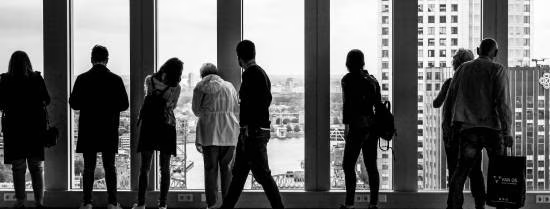
What are we researching?
We examine issues related to inequality and social cohesion, such as changing class structures, crime, diversity, citizenship, liveability, social and ethnic segregation, and gentrification. We also study social and spatial mobility processes and the impact of COVID-19. We look at the role of policy and urban social movements in tackling inequalities.
Why and how are we are we doing this research?
The central goal of our research is to contribute to the public debate on the quality and resilience of cities and policy in favour of 'cities for all’. Urban research in Rotterdam is characterised by combining ethnographic, qualitative and quantitative research into various dimensions of social inequality. We analyse the solutions that citizens and non-citizens develop (individually or collectively) for problems of urban social inequality. We also have expertise in the co-creation of knowledge: science, policy and practice combined produce valuable insights. In the past decade, we have been managing the Knowledge Workshop Liveable Neighbourhoods with the dual purpose of (1) generating knowledge through policy and practically orientated research into urban neighbourhoods and (2) sharing knowledge between researchers, policy staff and practitioners.
How does our research make an impact?
Our research provides practical leads for improving the quality of life and social cohesion in Rotterdam's neighbourhoods, reducing feelings of insecurity, counteracting the negative effects of gentrification, combating the social exclusion of vulnerable residents and supporting citizens' initiatives. It has a practical influence on the urban social impact policy of COVID-19 and the National Programme Rotterdam South (NPRZ). Policymakers in Rotterdam look at their city with different eyes, for example, by mapping the diverse population and social classes in a new way ('the other lists of Rotterdam'). Our research results support urban social movements and organisations, for example, in developing strategies for undocumented migrants in their struggle for recognition.
